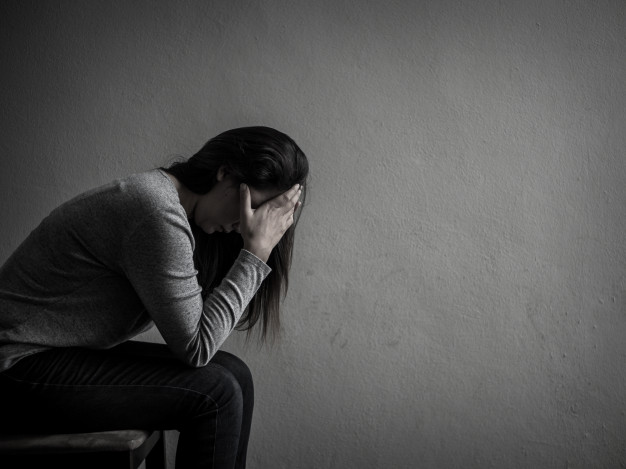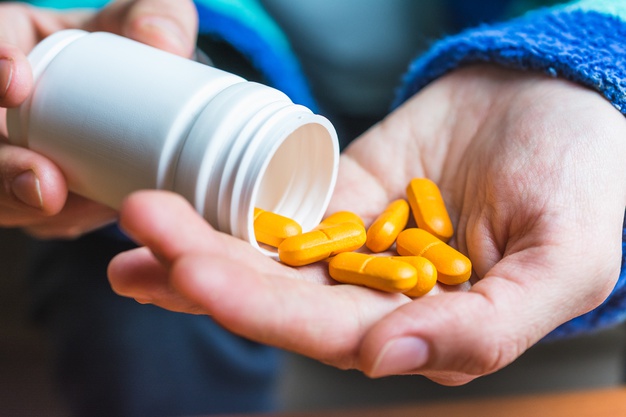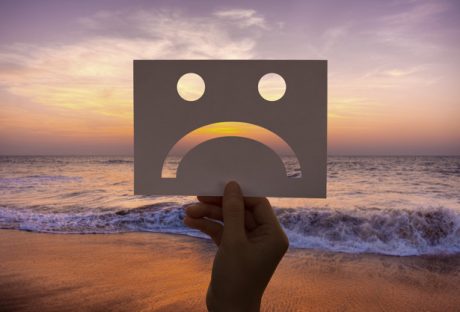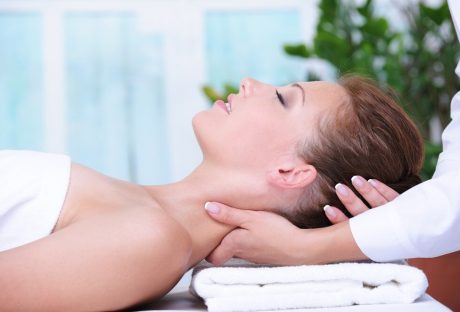The media has created a lot of awareness regarding addiction treatment. People who engage in such activities can find a way out from addictions. Every country has a lot of recovery centers that offer proper treatment. The experiences of individuals vary but mainly people go through four phases in every treatment center. The phases are:
- Admission with a complete care plan
- Detoxification
- Rehab Center
- Aftercare plan
Every individual who gets admitted to the center goes through these four phases. These phases have many activities and treatments designed for addicts. Every phase is like a domain that covers series of activities and plans within it. The treatment journey aims to bring a clear-headed life. It takes time and is not a one-day process. It demands devotion, motivation, and assurance. Nothing can be achieved without hard work. The journey of sobriety is tough to some extent but the professional assistance has helped a lot of people to work on their goals. A comprehensive evaluation takes place which is used for designing a customized plan. The decision of choosing and deciding on a rehab often causes stress. If you need some understanding about what is involved in the treatment of rehab then you’re in right place. Here we have a brief guide for you.
Understanding of Phases:
- Let’s start with the first phase which involves the creation of an individually customized plan for treatment. When the intake process takes place, the person goes through series of assessments which help in making a tailor-made plan for the addict. In this phase, the addict and his family meet the team and discuss all the options for the treatment. The objective of this segment is to advance a plan which caters to social, physical, and emotional functioning. The medical team assesses the condition from a mental and physical aspect. This step decides the functioning of treatment, finance, and all the facilities decided for the entire cure journey.
- In the second phase, the team seeks to remove the effects of addictive substances from the body of an addict. The removal of the substance is carried out through the detox program. It has some dangerous and uncomfortable symptoms but the assistance of professionals ensures that the patient will remain safe and comfortable throughout the detox period. They know how to take care of unpleasant symptoms. In some cases, medication is added to the detox process to bring ease to the withdrawal symptoms. Medication depends on the type of drug used. Some people fear detox but without it, it is impossible to get rid of drug use.
- In the third phase, comes admission to a rehab center. At this point, the addiction of a person is over and he just needs counseling to stay stable in his upcoming life. After a successful detox, the patient is moved to rehab. This phase includes intensive sessions and therapies where one understands the underlying problems that lead him to the drug journey. For rehab, we have inpatient and outpatient or partial hospitalized treatment. This phase includes various therapies like behavioral, individual, group, and family therapy. Patients are given a lot of amenities like a private room, a comfortable place to live, a personalized chef, delicious meals, etc. For more info, visit Recovery Corps Los Angeles.
- The last and final phase is the aftercare plan which allows the person to continue the healing journey so he stays sober for a longer time. Aftercare is very important because it is a solid plan which guides the person his entire life. Off and on sessions and discussion with the team keeps the individual on the path of sobriety.
Read Also:
- Cannabis can Help in the Fight Against Drug Addiction
- Marijuana Addiction Treatment: 5 Steps to Avoid Relapse
- 6 Healthy Habits That Will Change Your Life
- Are you aware of Belviq – a Weight-Loss Drug?
- 4 Tips to Find an Effective Drug Therapy
























